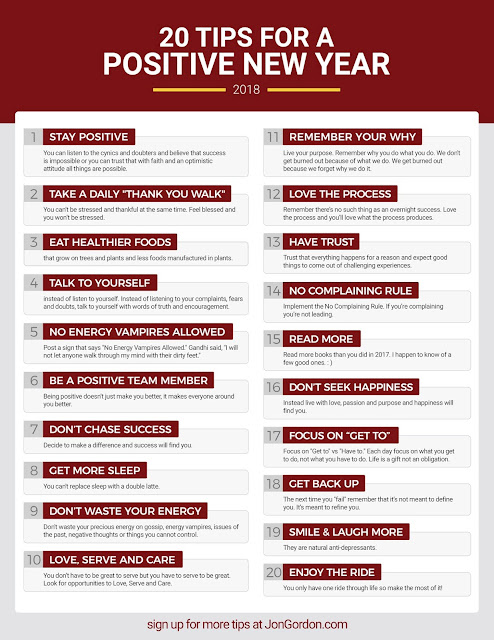Meeting Learners Where They Are
As a classroom teacher, the first weeks of school were always among my favorite. There is something about spending the time to get to know a new group of learners and their families. There is something about sowing the first seeds that will help a community grow together across the year. There's something about the first books that will start us down the path to discovery. The first weeks are a delight, but there was always this point where I looked out at the students and worried if I had what it would take to get them where they needed to be. It's a tremendous responsibility.
Now that we know our entire community of students, let's be honest, we worry. The needs in a classroom are varied and diverse --- and the expectations are great. Additionally, there are students who will not just need our support academically, but those who will need to know our classroom is a safe space for them. We wonder if we are enough. If we aren't careful, we can find ourselves looking at the factors we cannot control. For me, when I felt the moment of worry coming that I might not be able to get this group where I wanted them to go; when I heard that little voice saying I'm not enough, I had to change my lens.
Here are a few things I remind myself when I begin to worry:
Now that we know our entire community of students, let's be honest, we worry. The needs in a classroom are varied and diverse --- and the expectations are great. Additionally, there are students who will not just need our support academically, but those who will need to know our classroom is a safe space for them. We wonder if we are enough. If we aren't careful, we can find ourselves looking at the factors we cannot control. For me, when I felt the moment of worry coming that I might not be able to get this group where I wanted them to go; when I heard that little voice saying I'm not enough, I had to change my lens.
Here are a few things I remind myself when I begin to worry:
- Start where they are. There isn't any need to think about the fact that the group is in a different place than the previous year's group. Often we forget the beginning, and it doesn't change anything anyway. They are where they are so I remind myself to go meet them where they are.
- We only control our time with students. Students can come to our classrooms with a lot going on in their lives. It's life. They're people. Families have people who get sick. Parents have to work extra jobs to maintain their houses and put food on the table. They might move from one parent to another in the course of a week. They might be with an older sibling for hours after the school day ends. We can't control any of that, but we can make the time they are with us their safe space. We can help them continue to learn in these situations by listening but maintaining high expectations for their learning.
- Show them how. When I begin to feel overwhelmed I go back to think about the gradual release of control model. I remind myself that high support components of the literacy framework such as read aloud, shared reading, shared writing, and interactive writing, are essential in helping students find their next steps. I remind myself that making learning visible by creating charts that help students refer back to learning conversations can help them in their work.
- Try something new. When I feel that learners aren't making the progress I'd like to see, I try to figure out something to do differently. Sometimes this means taking a closer look at assessment information and artifacts from the classroom. Sometimes this means videotaping and reflecting on a few lessons. Sometimes this means inviting a peer or coach into the classroom to help me problem-solve.
- Celebrate small steps. Maintaining high expectations for our leaners requires knowing where they are and what is next for each of them. Taking the time to notice the small changes and celebrating them can help maintain momentum and keep me focused on the positive.
- Know I'm enough. This one is the hardest, and even as I type it I know there are times I don't quite believe it, but I just keep telling myself I can do this. I just keep reminding myself I'm enough.
We've got this.



